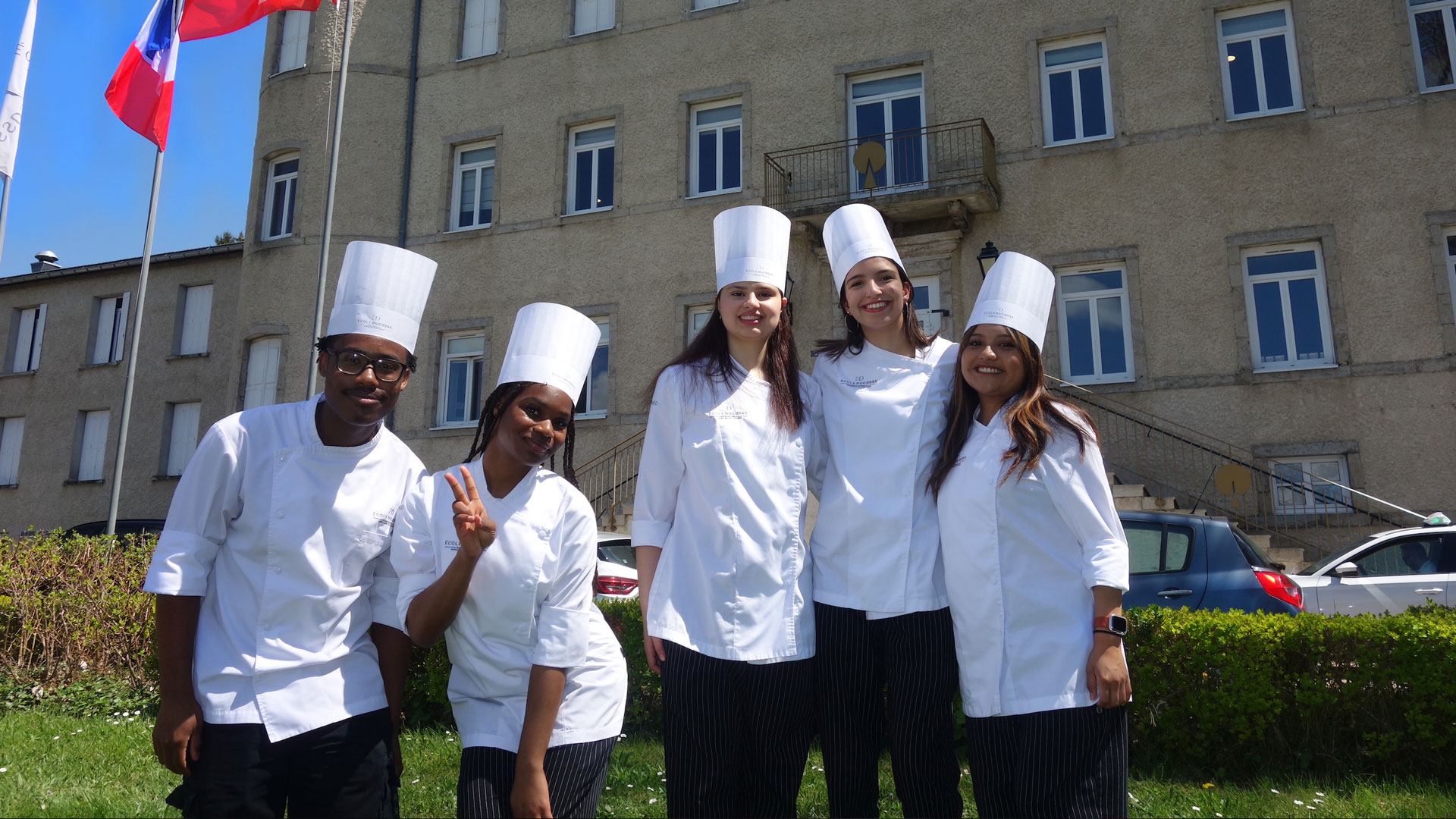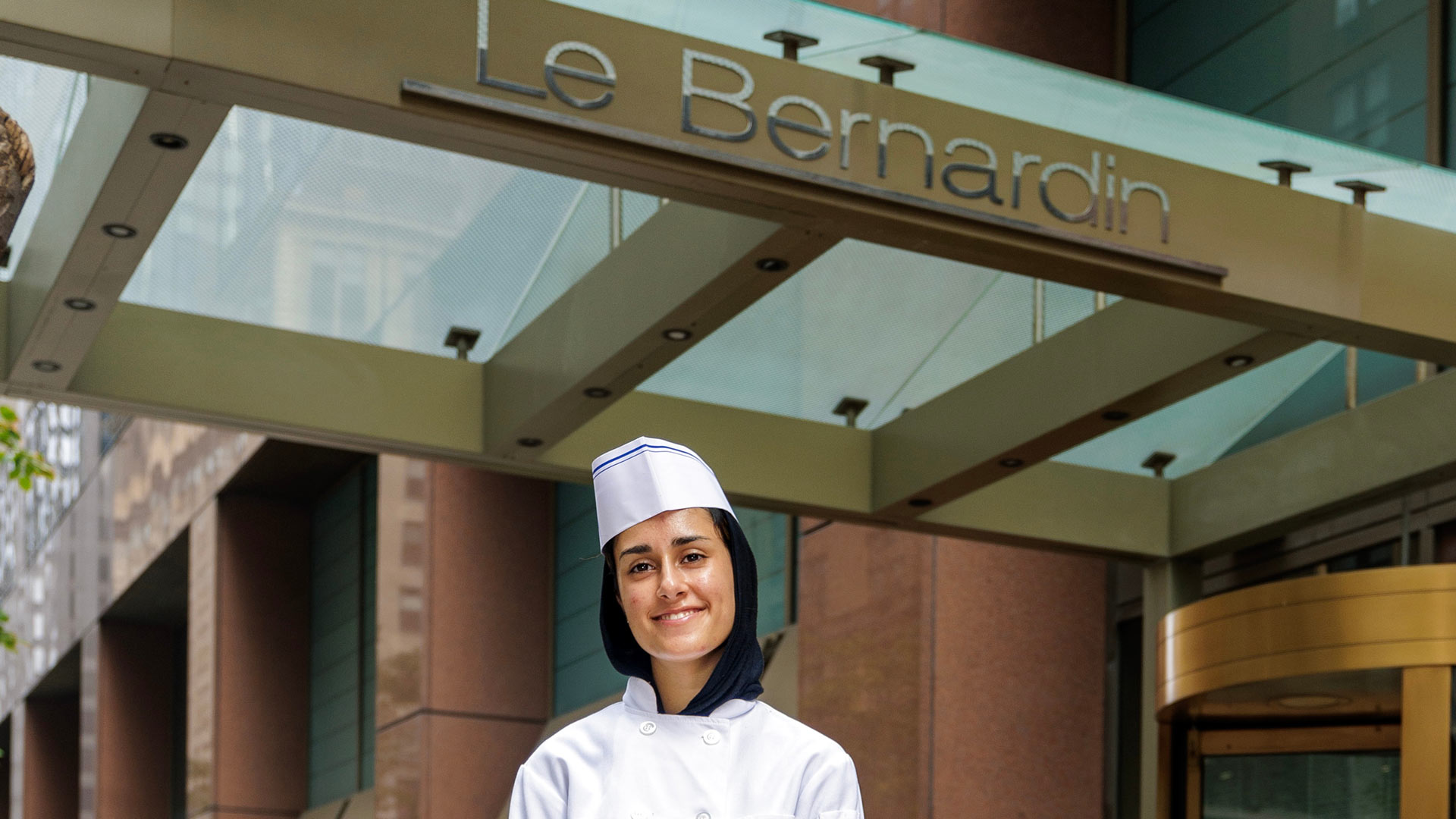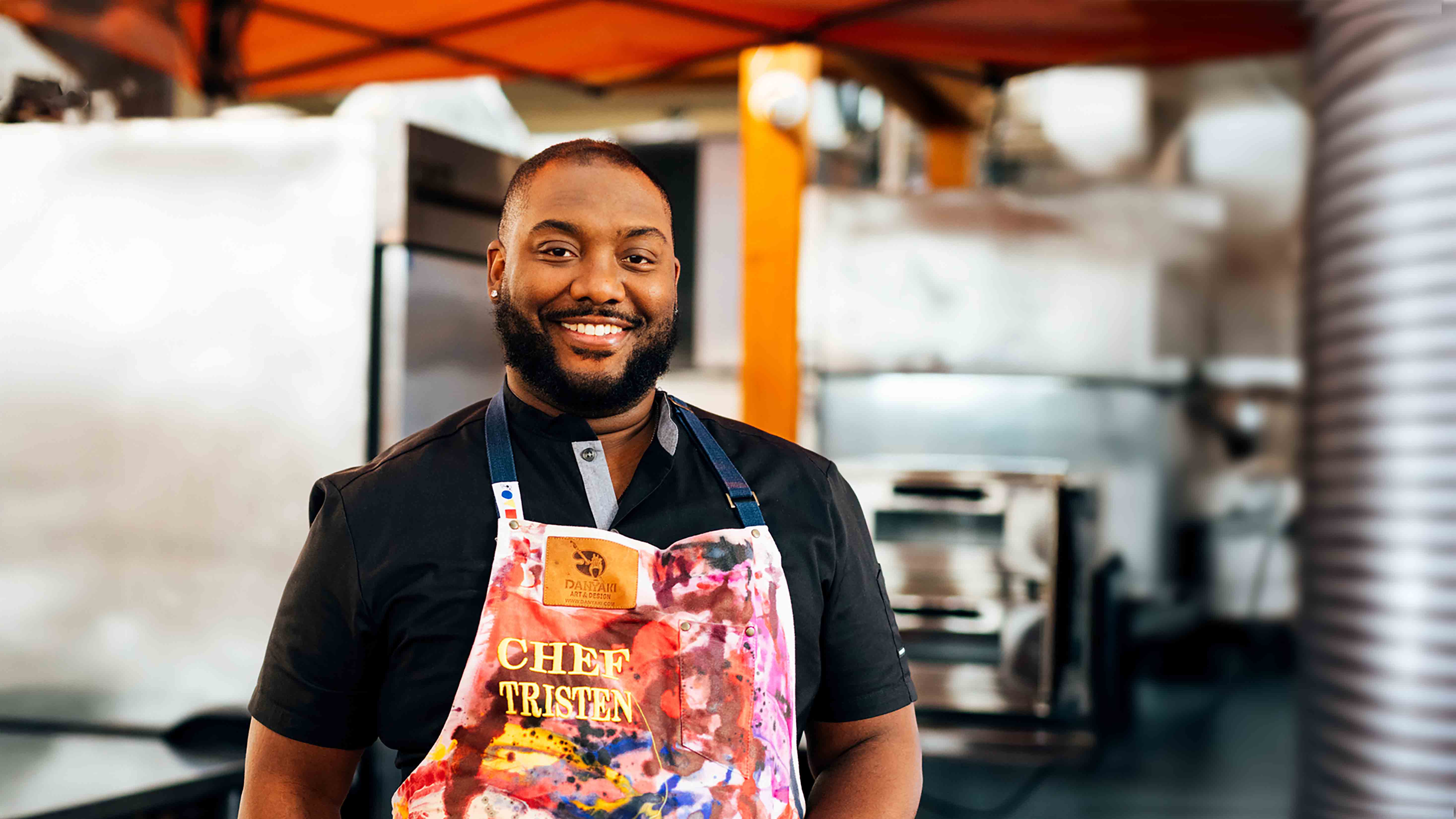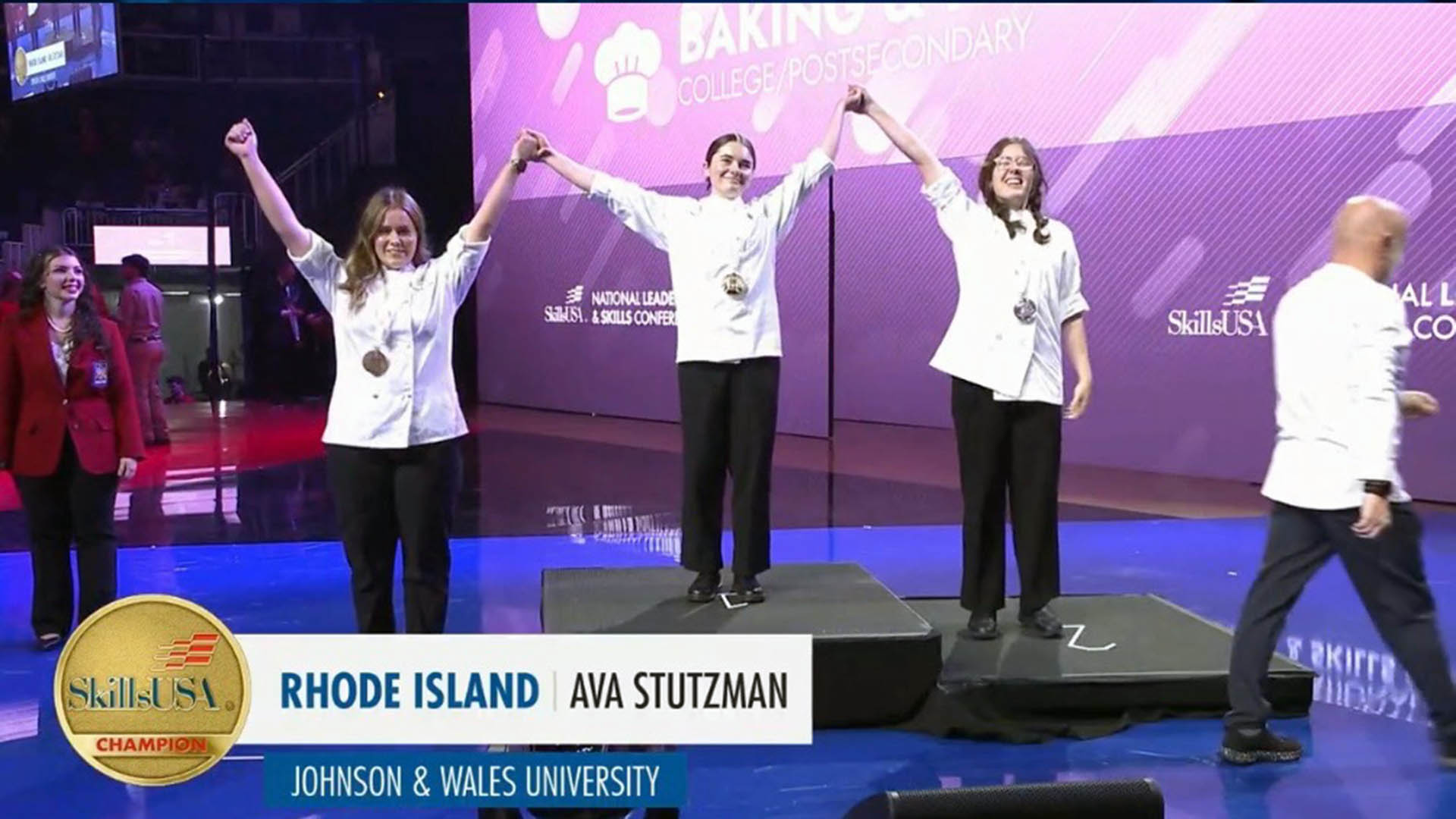Why Study Culinary Arts?
A degree in culinary arts can lead to some extraordinary opportunities. From operating a farm-to-table restaurant using healthy, local ingredients to cooking nutritious, impactful meals for athletes, there are plenty of rewarding careers to explore. A culinary arts degree also teaches you how to manage a kitchen, basic and advanced baking and cooking techniques, and how to construct innovative dishes. Not only will a culinary arts degree advance your career, but you’ll gain the knowledge and skills to feel completely confident in your culinary journey outside of school.
Create Beautiful Works of Art
“We eat first with our eyes”
- Apicius, 1st century Roman Gourmand
We subconsciously decide if food is going to be appetizing simply by observing the dish in front of us. Portion size, colors, and consistency are all factors that we quickly take note of before indulging in our first bite. Since our eyes guide the stomach, it’s important for chefs to put an emphasis on presentation.
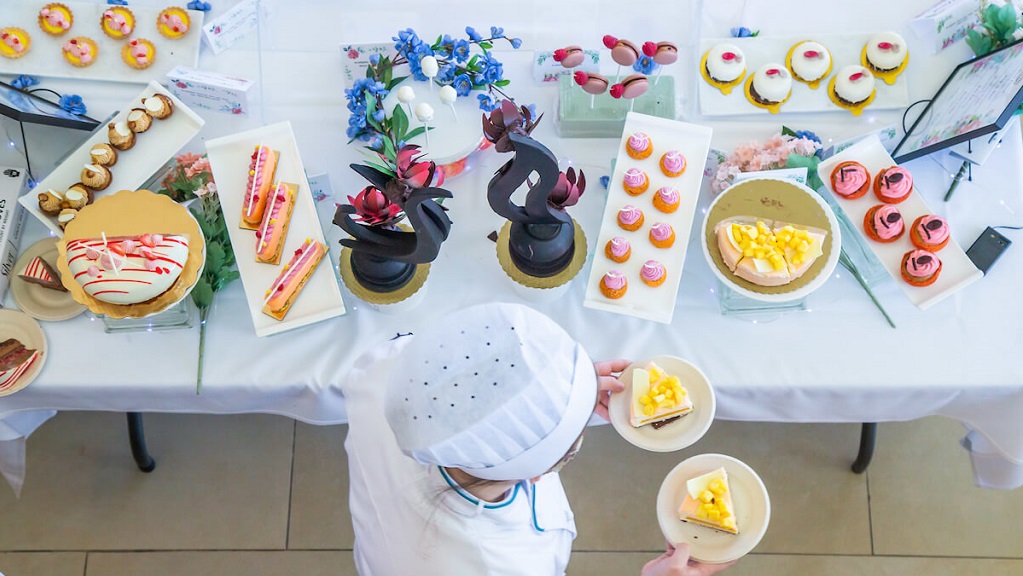
Combining art and food to create a visually striking dish is a true skill that takes time and dedication. Culinary school teaches students how to present mouthwatering entreés and desserts that look like artistic masterpieces. When students learn the importance of plating, they put more attention and detail into the presentation which leads to a newfound appreciation of food as an art form.
Cook with Renowned Chefs
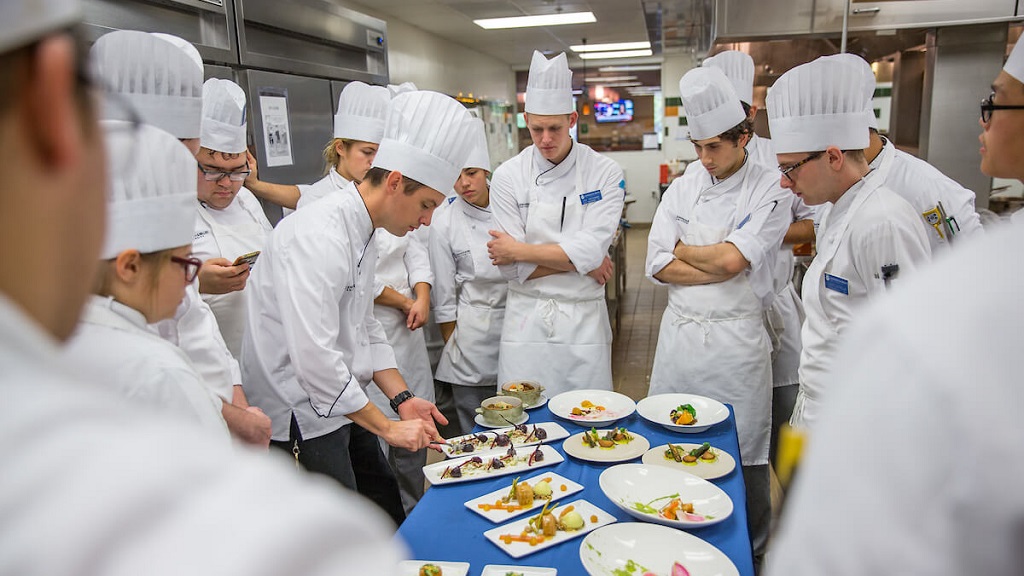
While restaurant experience is helpful, you may only have the opportunity to learn from one or two chefs who have one specific style of cooking. A culinary education gives students the advantage of learning from several top culinary professionals. Students are also introduced to a variety of cooking styles, a multitude of recipes, new ingredients and different flavoring profiles, making them more well-rounded chefs. Each culinary instructor offers their own unique view on food, which is one of the reasons a culinary arts degree is so exciting. The years of experience and training each instructor has gone through are passed along to the students, allowing them to get valuable tips to make them more successful.
Promote Healthy Eating
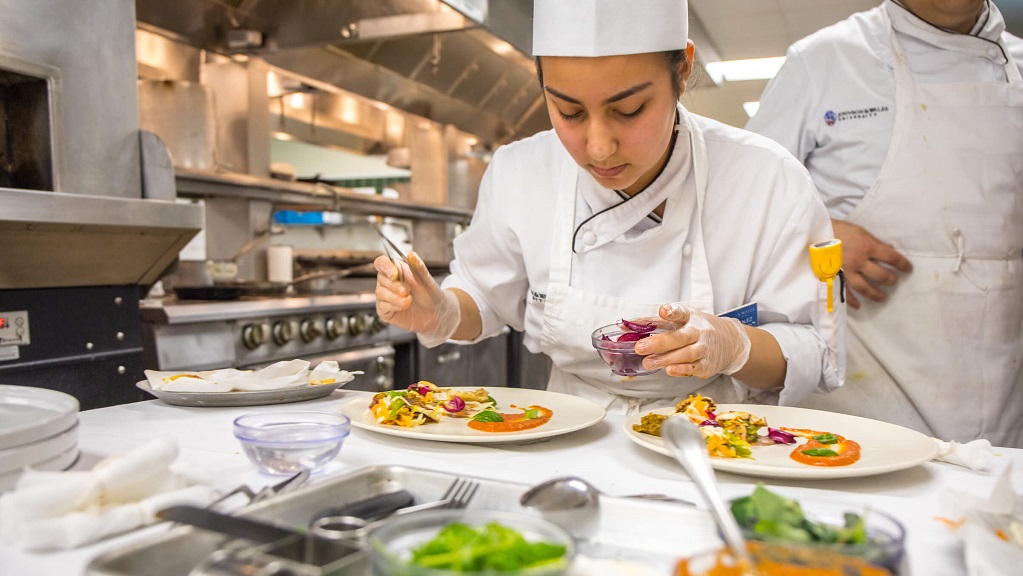
Culinary arts programs ensure students have a firm understanding of baking and pastry concepts, basic cooking techniques and plating, along with the nutritional content of their prepared meals. Healthy eating is becoming more and more prevalent in the food industry, especially for chefs who own or operate a farm-to-table restaurant. Chefs need to consider dietary restrictions such as gluten allergies and lactose intolerance, and they should be able to offer vegan and vegetarian options. Knowing what foods have a high cholesterol content, an abundance of sugar or salt, or are high in saturated fat is important when it comes to developing a nutritional menu. Culinary arts students interested in advancing their nutrition knowledge often enroll in a culinary nutrition degree once they’ve completed their culinary arts coursework.
Work in a Team & Develop Communication Skills
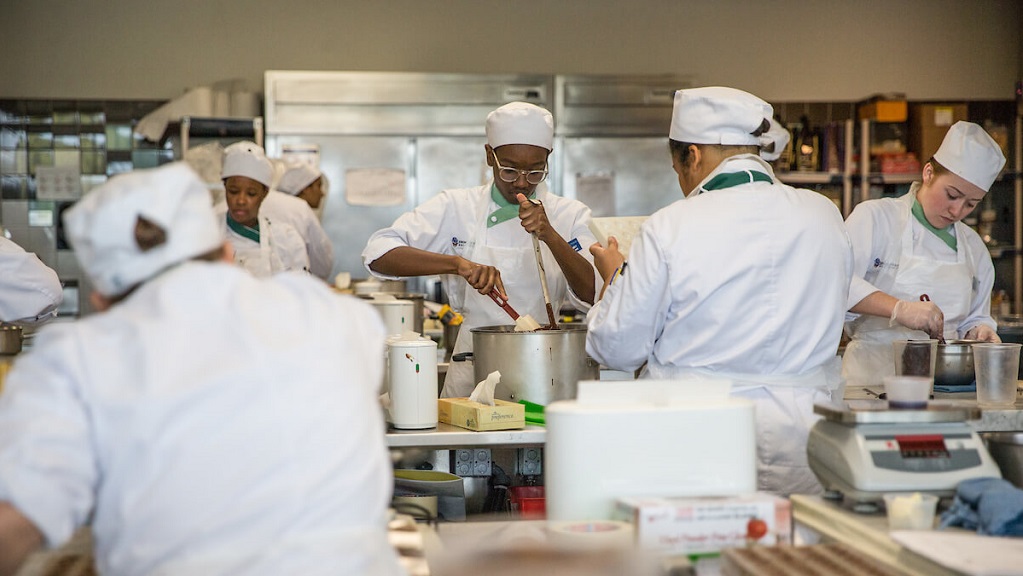
Culinary school is all about collaboration and communication. Students have different backgrounds, strengths and weaknesses, and cooking techniques, so it’s important for culinary students to be patient, communicate clearly and effectively, and stay in consistent communication to eliminate any unnecessary confusion. In the kitchen and other professional settings, communication is key to success. Learning to work with others in the kitchen not only prepares students for a culinary career, but they can use this when collaborating in other environments.
Why Choose JWU’s Culinary Arts Program
At Johnson & Wales University, our experienced-based approach gives you access to our state-of-the-art labs where you’ll learn advanced cooking techniques, baking and pastry concepts, la minute cooking and so much more. One of the major perks of JWU is our interdisciplinary projects where culinary students can collaborate with other JWU colleges.
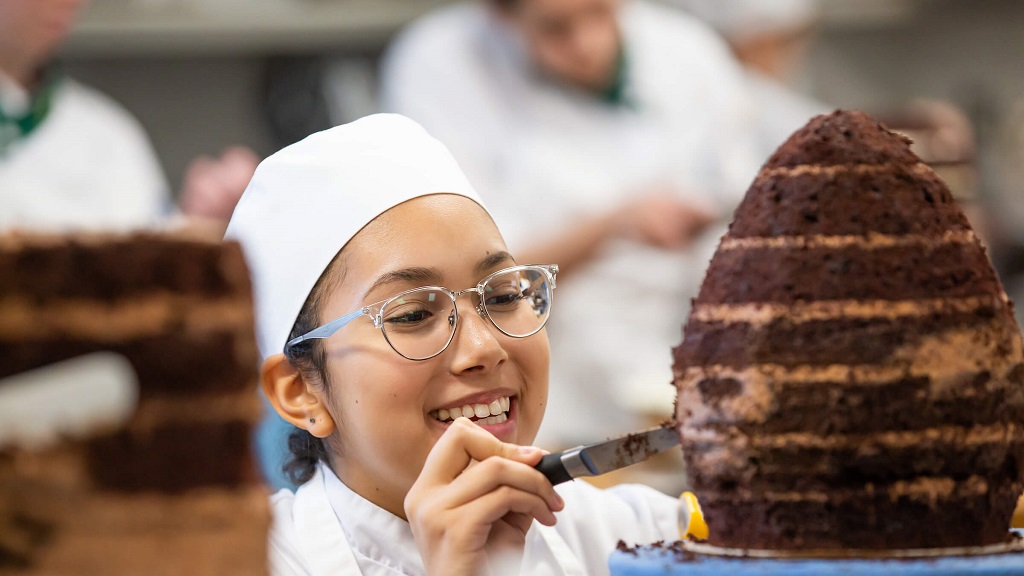
Study abroad opportunities encourage students to experience other cultures, cook with different ingredients, and learn new cooking techniques. Many of our talented alumni now have their own restaurants and some have been featured on The Food Network and Disney's Foodtastic.
>>Get More Interesting Facts About JWU's Culinary Arts Program
What other skills will I learn in JWU’s culinary arts program?
- How to prepare stocks, soups and sauces
- Food safety and sanitation
- Knife skills
- Mise en place
- Moist cooking techniques: boiling, simmering, steaming, blanching, etc.
- Brunch and lunch cooking techniques
- Plate presentation and nutritionally balanced plates
- Guest relations, critical thinking, teamwork, beverage service and management concepts
- How to set up for banquets and catering
- How to create Global à la Carte menus
JWU’s Culinary Arts Associate Degree is offered at both our Providence, R.I., and Charlotte, N.C., campuses. Charlotte was recently recognized by Food & Wine as one of America's top up-and-coming cities for food lovers! Providence is also home to numerous JWU alum who have opened restaurants in the city.
